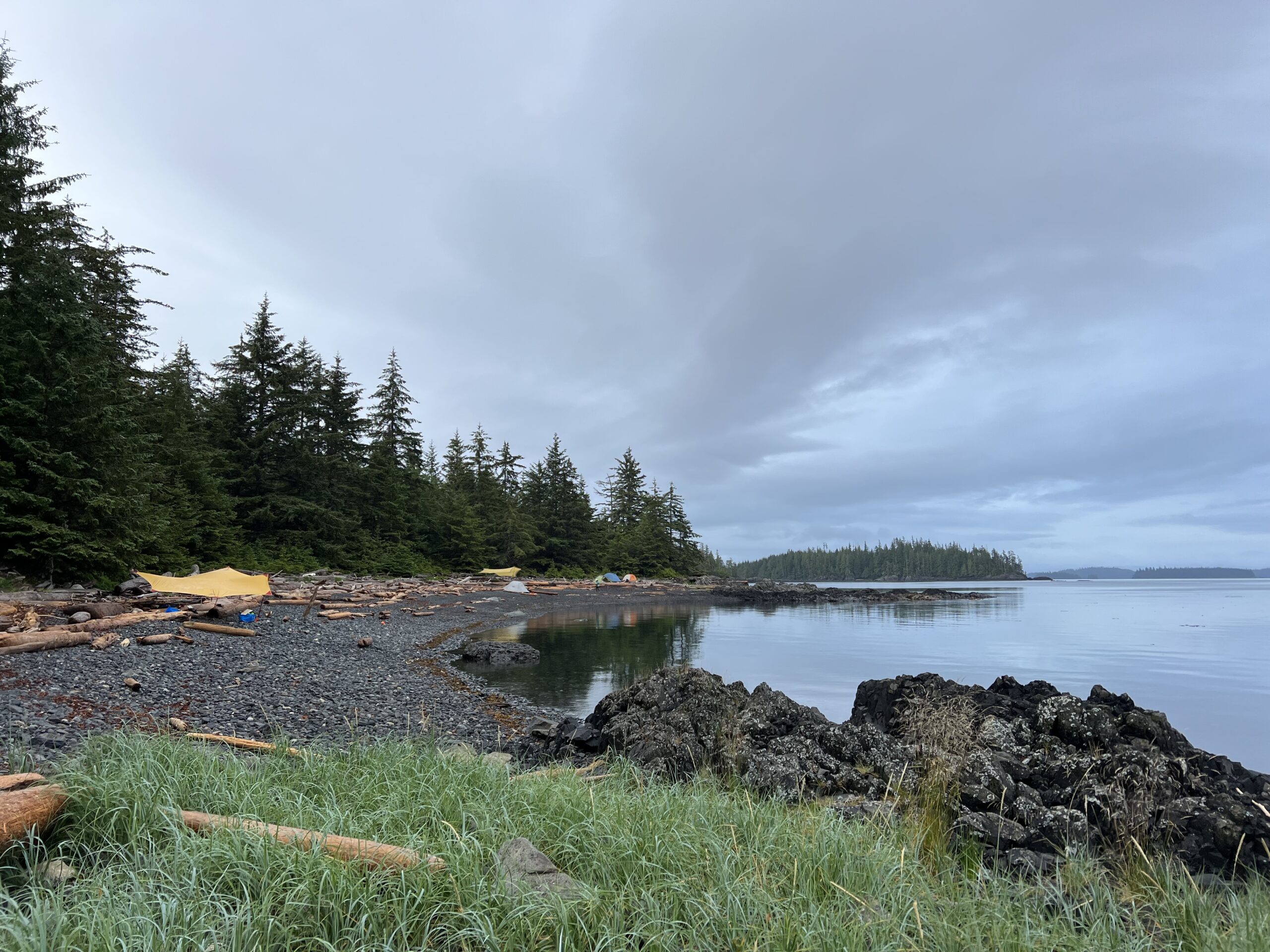Welcome!
Course application is by Google Form, accessed through the orange button below.
Summer 2025 course applications are due March 3, 2025. You will be notified of the status of your application on or before March 7 and may be invited to a Zoom interview before final decisions are emailed on March 14, 2025.
In your application, you’ll find IPFS policies and other important information, followed by some basic questions and four short essays. A scholarship application is included in the form; you may choose to fill it out or leave it blank. If you encounter any technical difficulties when applying please email Erin, [email protected].
Upon acceptance, an Enrollment Packet will be emailed to the address you provide in your application. It will include an equipment list, travel dates, payment schedule, Health Form, Student Agreement, Inside Passage Field Studies Policies and other information to help you prepare for your course. A $500 non-refundable deposit is due 14 days after you receive your acceptance email. The remaining tuition and all forms are due 30 days after you receive your acceptance email unless you make other arrangements with us by email or phone. If you choose to enroll in academic units, an additional tuition or filing fee may be due to your home institution.

